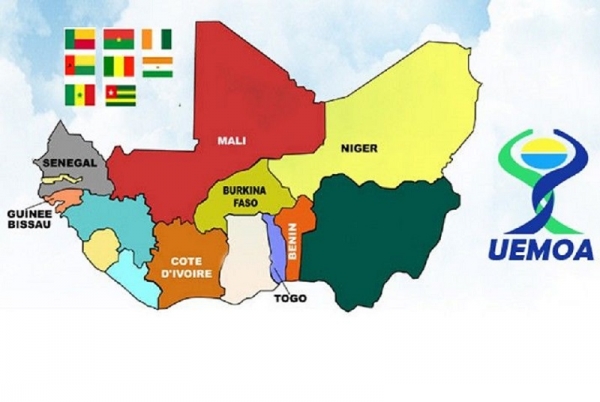Industrial production in the West African Economic and Monetary Union (UEMOA) rose by 4.3% at the end of 2018, according to data from the Central Bank of West African States ( BCEAO).
Compared with 2017, when growth of 3.5% had been observed, WAEMU’s industrial production increased slightly by 0.8 percentage points. “This evolution reflects mainly the acceleration of the pace of manufacturing production, which rose 9.5% in 2018 against 5.0% recorded the previous year, particularly in connection with the rebound in production in the United States. chemical industry (+ 24.2% vs. + 3.7%), says the BCEAO.
On the other hand, over the same period, it is noted a deceleration in the pace of energy production (+ 1.7% vs. + 3.5%) and a decline in the extractive industry (-9.1%).
By country, the Central Bank notes that there is an increase in the Industrial Production Index in 2018 in all UEMOA Member States except in Niger (-10.1%) and Togo (-7). , 5%).
As for the retail turnover index (CIF), it has increased, showing a
average growth rate of 7.3% in the WAEMU compared to an increase of 10.0% in 2017. According to the BCEAO, this deceleration mainly reflects the decline in the pace of sales of food products (+2.5%). % vs. + 5.9%), building materials (+ 8.5% vs. + 11.5%) and cars and motorcycles (-8.4% vs. + 14.5%).
By country, turnover in retail trade rose in most Member States, with fairly pronounced trends in Benin (+ 18.5%), Senegal (+ 9.4%) and Côte d’Ivoire. of Ivory Coast (+ 8.9%).
The revenue indicator for market services (excluding financial services) was up 8.0% in 2018, driven notably by transport, accommodation and food services.
Regarding the index of activities in the financial services sector, it recorded an increase of 8.6% over the period under review against an increase of 12.3% a year earlier, particularly in connection with the rise in the volume of banking transactions (loans, deposits), mitigated by an increase in the cost of resources (credit rate).
By country, in 2018, there was an increase in turnover in the market services sector in all states, with the exception of Guinea-Bissau, both for the ICA market services excluding financial services (-14.9%) than for the financial services ICA (-11.3%).



